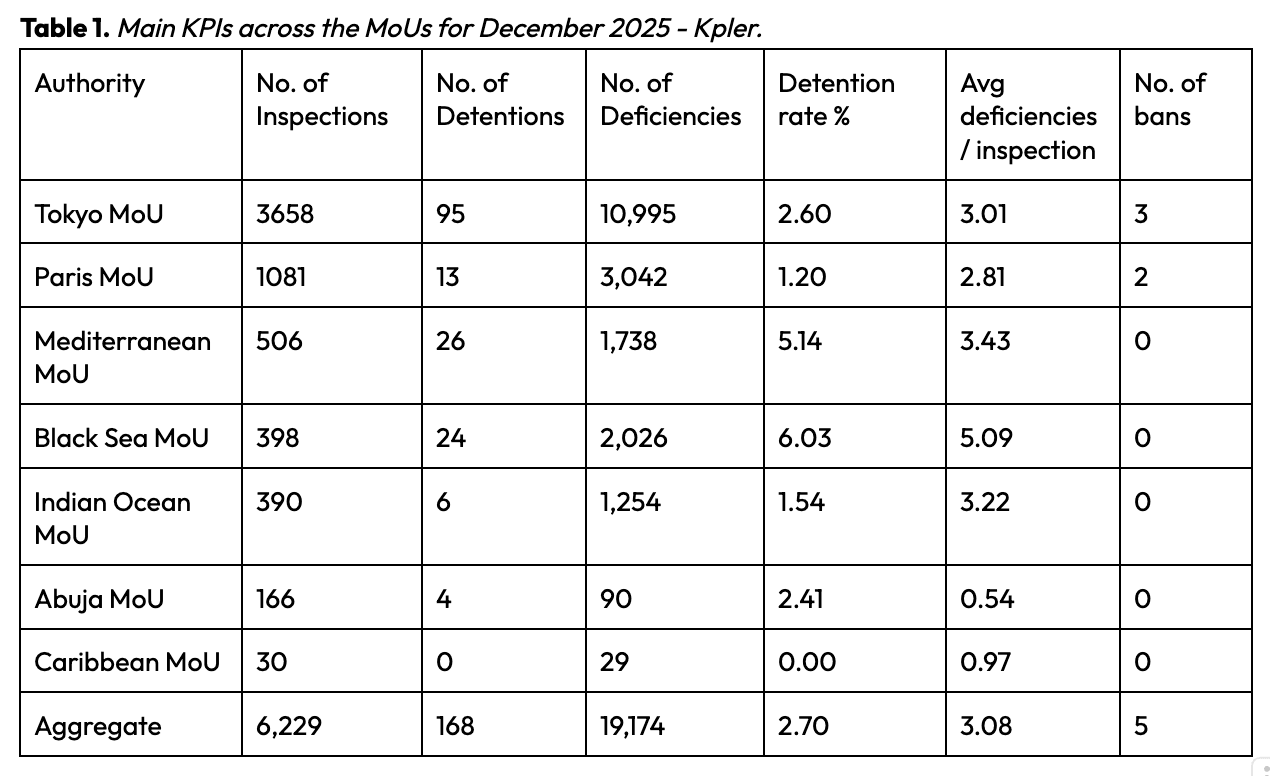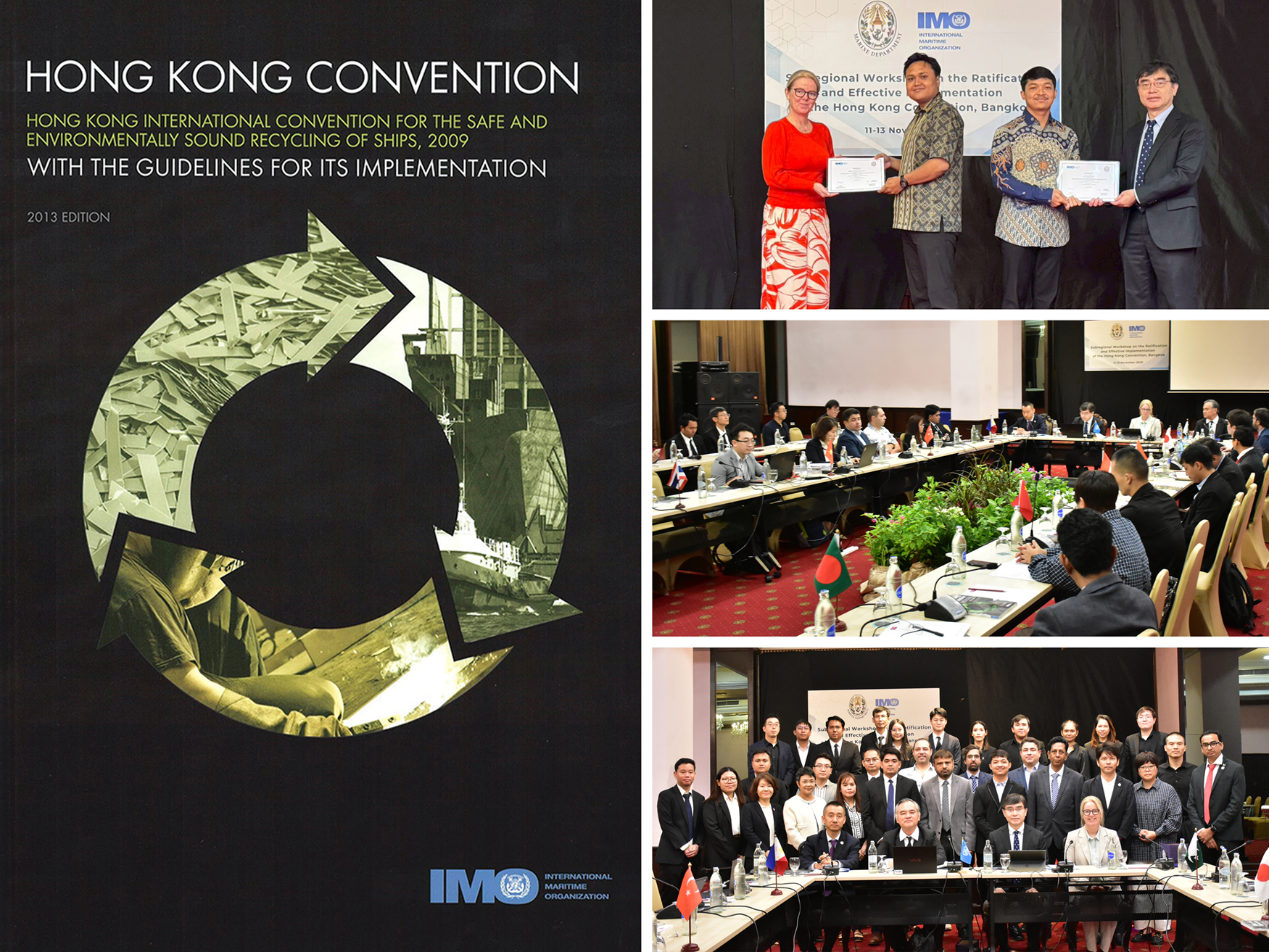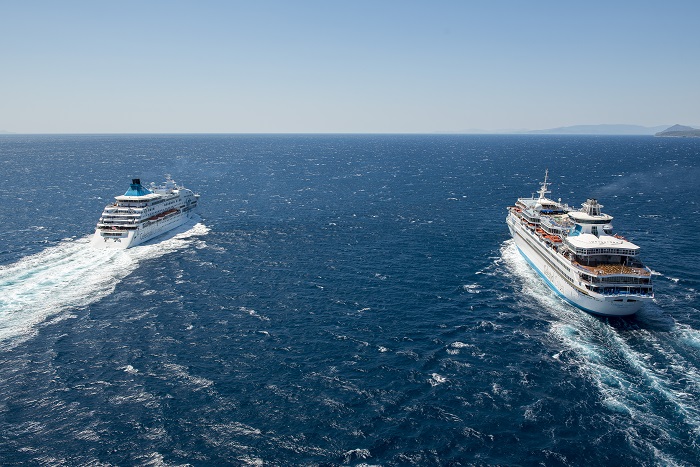





UN agencies and programmes involved in the maritime sector, human rights, trade, travel and transportation have called on all UN Member States, through a joint statement, to take urgent action to resolve the humanitarian crew change crisis faced by the world's seafarers.
Trapped on their ships due to travel restrictions imposed during the COVID-19 pandemic, more than 300,000 seafarers cannot be repatriated, and an equal number of unemployed seafarers ashore cannot work, because they are unable to board ships.
Those on board have had their contracts extended, sometimes beyond 17 months, and are facing fatigue and physical and mental health issues. The International Maritime Organization (IMO), International Labour Organization (ILO) and International Transport Workers' Federation (ITF) have received thousands of urgent calls for help from seafarers and their families.
The maritime shipping sector faces a humanitarian crisis. The Joint Statement calls on all Governments to immediately recognize seafarers as key workers, and to take swift and effective action to eliminate obstacles to crew changes, so as to address the humanitarian crisis faced by the shipping sector, ensure maritime safety and facilitate economic recovery from the COVID-19 pandemic.
The Statement warns that the rights of seafarers, as enshrined in the Maritime Labour Convention, 2006 (MLC 2006), as amended, and other international instruments, have not been fully respected by all governments, mostly importantly the maximum period of service on board (11 months) and also their rights to shore leave, annual leave, repatriation, and access to medical care onboard and ashore.
The current rise in seafarer fatigue threatens the safety of maritime navigation.
The efficient continuation of trade and the undisrupted functioning of supply chains will also be affected, because ships with fatigued seafarers cannot operate indefinitely.
Commercial fishing, an important contributor to food security and livelihoods, is facing a similar crew change problem.
It is therefore essential that all governments urgently recognize seafarers as key workers and take immediate, concrete action to eliminate obstacles to crew changes, so addressing this humanitarian crisis, ensuring maritime safety and sustainable shipping, and facilitating economic recovery from the COVID-19 pandemic.
The Joint Statement outlines a series of 15 different and related measures that Governments must take, including:
- designating seafarers as ʺkey workersʺ providing an essential service, to facilitate safe and unhindered embarkation and disembarkation from their ships;
- undertaking national consultations involving all relevant ministries, agencies and departments, to identify obstacles to crew changes, and establish and implement measurable, time-bound plans to increase the rate of such crew changes;
- implementing protocols for crew changes, drawing upon the latest version of the Recommended framework of protocols for ensuring safe ship crew changes and travel during the coronavirus (COVID-19) pandemic;
- refraining from authorising any new extension of seafarers' employment agreements beyond the maximum period of 11 months, in accordance with the MLC, 2006; and
- facilitating the diversion of ships from their normal trading routes to ports where crew changes are permitted.






